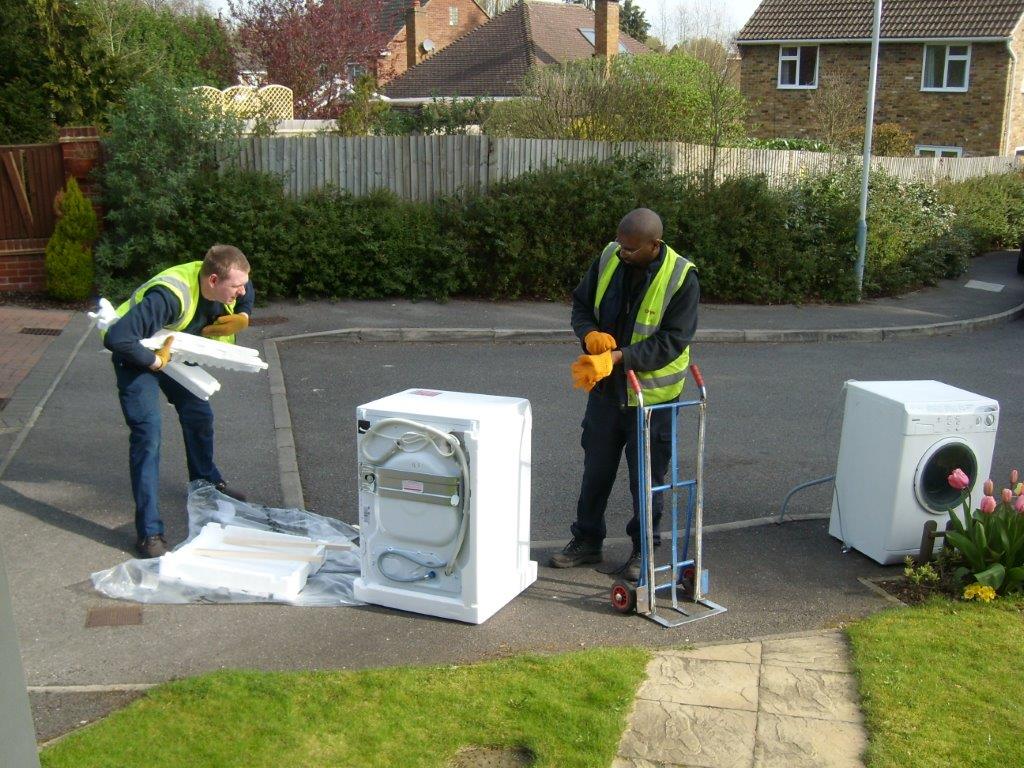Under the last phase of the Distributor Take-back Scheme (DTS) – which ended on 31 December 2019 – retailers who sold electrical goods could pay a fee which covered their recycling obligations.

The money was passed to local authorities to fund WEEE collection facilities at civic amenity sites and household waste recycling centres.
While a proposed new phase of the DTS has been approved for 2020 and 2021, it will only extend to large retailers until 31 December 2020, from when they will be required to do instore take-back in line with current WEEE regulations.
Retailers will be obliged to take back an item when a consumer buys a new similar item. Retailers can also reduce the number of items which would be taken back in-store through offering collection schemes, such as for large domestic appliances when delivering new products.
In a statement to members of the WEEE sector, the Department for Environment, Food and Rural Affairs explained: “This decision has been taken in the context of new approaches being required to meet the more ambitious and challenging collection targets in 2020 and beyond.”
Smaller stores and online retailers without physical retail premises will be able to continue their membership until the scheme expires on 31 December 2021.
Interim phase
Defra’s announcement comes after plans for a proposed two-year interim phase had been put forward by the British Retail Consortium (BRC) and environmental consultants Valpak, to operate while the government undertakes a review of the whole UK WEEE system and its regulatory framework.
The BRC and Valpak suggested that the DTS should continue to provide funds for projects run by local authorities aiming to develop best practice to increase the rate of collection, reuse and recycling in the UK.
Funding for new WEEE areas at civic amenity sites would continue, and financial encouragement would be provided for DTS members to expand the scope of their instore take-back facilities.
Approval
Defra appears largely to have supported the proposal, with the caveat that it would only extend to large retailers until 31 December 2020.
This could have implications for local authorities who receive funds from the DTS for civic amenity sites as the money on offer is set to reduce, although the sites might also receive fewer WEEE items.
The decision to allow online retailers without physical retail premises continued membership until 31 December 2021 is also significant, with a large proportion of WEEE now bought on the web.
This is thought to be one area likely to be reviewed further by Defra due to concerns that online retailers may not contribute sufficiently towards WEEE recycling.
Action
Defra stressed that while no immediate action needed to be taken to establish instore take-back facilities, larger retailers with physical premises should note that their obligations would change from 1 January 2021, from which point they will no longer have the option to join the DTS.

Responsibility for supervising take-back systems will not lie with Defra but instead the Office for Product Safety and Standards. Defra said that the Office would: “be communicating with retailers in due course setting out their obligations as a result of this decision.
“In the short term, no immediate action will need to be taken with regard to establishing in store take-back facilities but larger retailers with physical premises must note that their obligations will change from 1 January 2021, from which point they will no longer have the option to join the DTS.”










Subscribe for free